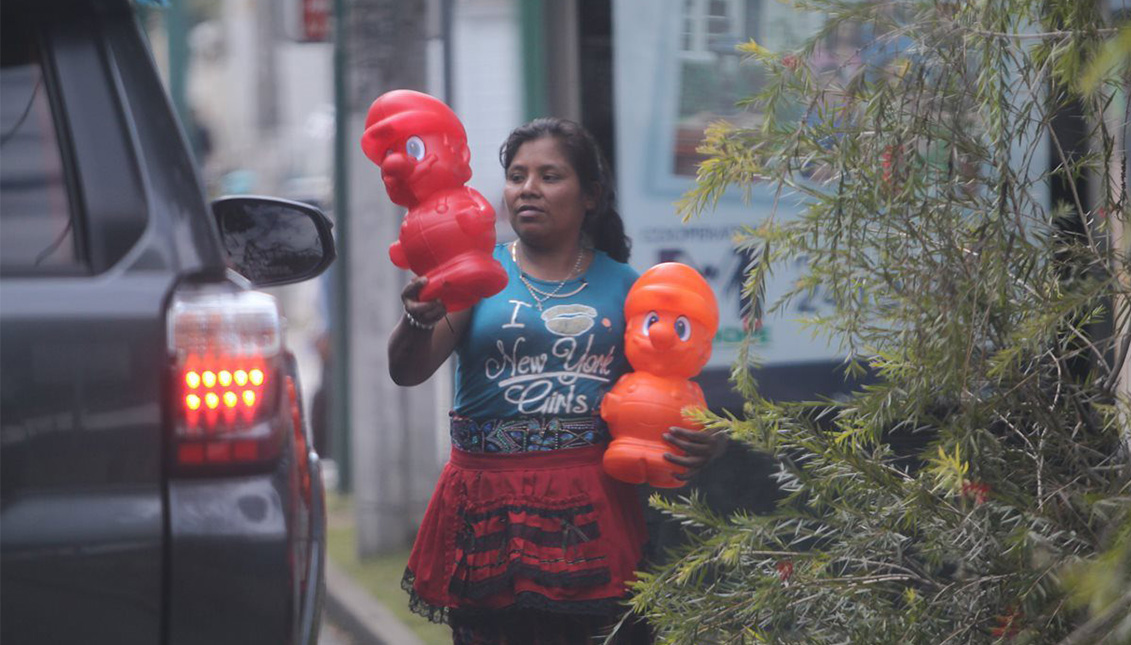
Unemployment is almost non-existent in Guatemala – and that's not good news
With an unemployment rate of barely 2%, a paradox can be seen in Guatemala: Can a country be an economic "paradise" on paper and a living hell at the same time?
It holds the record of being the Latin American nation with the lowest unemployment rate, and if we only stick to the data - a blessed 2.5% - any seasoned economist could call it a " Swiss-style" unemployment paradise, surpassing other countries like the United States, Denmark or Finland in terms of employment rates.
But as soon as one scratches the surface the truth comes out:
Because of the lack of "formal" employment, in Guatemala many people have stopped looking for jobs.
Luis Linares, the coordinator of the Labor Studies Area of the Association for Research and Social Studies (ASIES), explained to the BBC that this figure is not only "deceptive", but "in Guatemala, there is a real silent humanitarian catastrophe."
According to the Food and Agriculture Organization of the United Nations (FAO), half the population of the Latin American country lives in poverty and suffers from the highest rate of child malnutrition in the whole continent.
How can such a poor nation appear "healthy" in the eyes of statisticians?
The explanation is that most Guatemalans - up to 70%, according to the government - survive by doing jobs that are not regulated by a contract and salary, and it is worse when it comes to women, most of whom do not participate in the regulated labor markets.
RELATED CONTENT
"Many people's job is to sell anything on the street," says the expert. He adds that "poverty has not changed in two decades and the minimum wage ($360 per month) does not cover the cost of the food basket."
In a country that has neither industrial development nor the adequate infrastructure to compete in a global world, and whose main source of income is the export of sugar and coffee, neither the government can raise taxes to invest in public policies, nor can its citizens can prosper. Although, according to the BBC, the Guatemalan economy is growing at a healthy rate of 3.4%.
Social inequalities, however, are abysmal.
"We have the smallest middle class in Latin America," says Luis Linares, adding that the country's development is hampered by a mixture of corruption and concentration of wealth in a few hands.
With such a precarious outlook, it is not surprising that at least 100,000 people each year venture towards possible detention – if not death – trying to cross the border into neighboring Mexico with the dream of reaching the United States. If we add to that the hundreds of Honduran migrants who in recent days are arriving in the country in a desperate attempt to escape violence and famine, what is happening in Guatemala far exceeds the statistics.
In the end, people never were and never will be simple numbers, and there is a story beyond the straightforward statistics.











LEAVE A COMMENT: